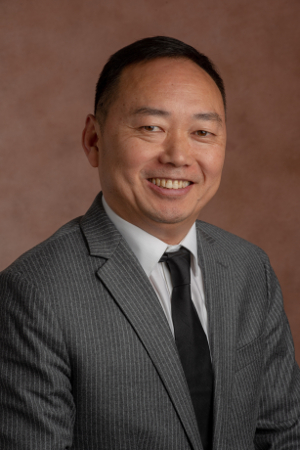
When he decided that the next step in his career as a renowned educator and researcher would bring him to WMed, Yong Li, MD, PhD, was drawn by the opportunity – the unique chance – to build something from the ground up, to be a part of making the medical school a national hub of innovation.
“As a senior scientist, I want to use my experience and knowledge of science, and my talent, to help lift up the science in our medical school,” said Dr. Li, who came to WMed in October as the chief of the new Division of Medical Engineering and professor of Biomedical Engineering in the Department of Orthopaedic Surgery. “We have room to improve and as a new program, it’s like a blank paper. We can draw whatever we want.”
Dr. Li boasts more than 20 years of research experience in the fields of fibrosis, stem cell and regenerative medicine, and he anticipates building a burgeoning regenerative medicine research program at WMed. He’s well-suited for the task, having previously collaborated with a plethora of institutes and universities on studies in which he used innovative genetic, epigenetic, and cellular biological techniques.
His new role at the medical school follows a seven-year employment at the University of Texas Health Science Center in Houston, where he served as an associate professor and laboratory director in the Center of Stem Cell and Regenerative Medicine at the Brown Foundation Institute of Molecular Medicine for the Prevention of Human Diseases, among other leadership roles. Additionally, since 2017, Dr. Li has served as a deputy director and senior scientist in the Center for Regenerative Sports Medicine at the Steadman Philippon Research Institute in Vail, Colorado.
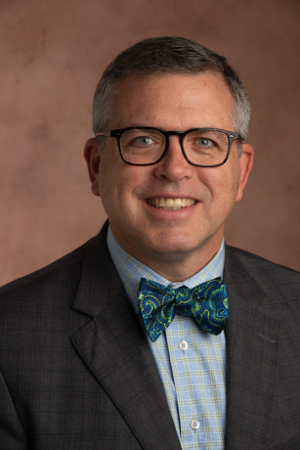
Keith Kenter, MD, professor and chair of the medical school’s Department of Orthopaedic Surgery, helped organize the search committee that selected Dr. Li to lead the new Division of Medical Engineering.
Through his research and the work he will undertake in his lab at WMed, Dr. Kenter said Dr. Li will play a pivotal role in bringing innovations from the bench to the bedside. Among other things, Dr. Kenter said Dr. Li will work closely with him and Robert G. Sawyer, MD, professor and chair of WMed’s Department of Surgery, as well as other faculty and students at Western Michigan University’s College of Engineering and Applied Sciences, to develop translational research projects that will lead to better processes and devices, and improve patient care.
“We want this to be a group effort, a gathering of minds to really create something special,” Dr. Kenter said.
Dr. Li earned his MD degree and completed his residency training in China and in 1996, he graduated from the country’s Third Military Medical University with a PhD in gene therapy, cellular biology, and pathology. Later, in 1999 and 2002, he completed his postdoctoral training at the Imperial College School of Medicine in London and the UPMC Children’s Hospital of Pittsburgh, respectively.
Dr. Li’s arrival to the medical school and the new Division of Medical Engineering that he now leads are all part of the ongoing growth of WMed’s Program in Medical Engineering. The expansion of the program is being undertaken as part of a larger collaborative effort in medical engineering between WMed and the College of Engineering and Applied Sciences and the College of Arts and Sciences at Western Michigan University. In December, Dr. Li will be joined by Adil Akkouch, PhD, MSc.
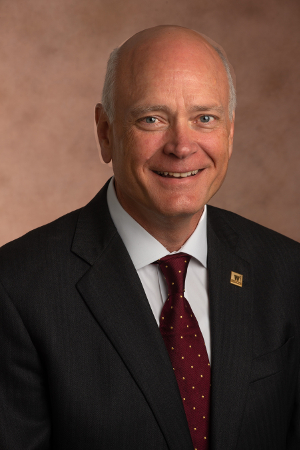
“This is an important step for us – developing interdisciplinary education in the area of medical engineering and developing a program that is very much focused on the clinical aspects of medical engineering,” said Hal B. Jenson, MD, MBA, the medical school’s founding dean. “We recognize the importance of medical engineering in medicine as being much more than devices, it’s about improving systems and processes and, in turn, helping the patients we serve.”
The Program in Medical Engineering at WMed is led by Tycho K. Fredericks, PhD, who also serves as a professor of Industrial and Entrepreneurial Engineering and Engineering Management at WMU. In September, WMed launched a new Master of Science degree in Medical Engineering, an effort that is being spearheaded by Dr. Fredericks and several faculty from the College of Engineering and Applied Sciences, as well as Drs. Kenter and Sawyer.
The interdisciplinary, graduate-level program is for engineers and quantitative scientists with an end goal in mind – creating new medical devices and improving systems and processes to improve healthcare. The program welcomed its first class in September of this year.
“We’re super excited that Dr. Li has come here,” Dr. Fredericks said recently. “He represents a key element for the growth of our program and regenerative medicine research. We have all of the pieces here to do that and he is a very big piece in terms of developing our research arm.”
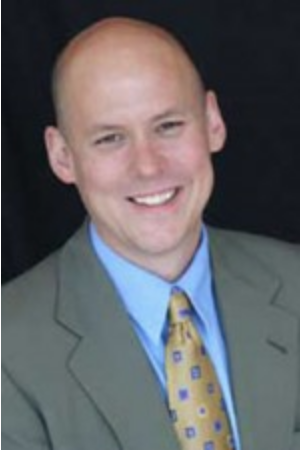
The addition of Drs. Li and Akkouch, and the growth of the Program in Medical Engineering is being made possible through funding from the Martha G. Parfet Discovery Fund, a fund that was established at the medical school in early 2018, thanks to a $2 million bequest from the estate of Martha Parfet.
For Dr. Fredericks, the launch of the new master’s curriculum in September was the culmination of a seven-year process to implement a program that will immerse students into the world of healthcare with a focus on the interface between medicine and engineering. He said building the program has been “a labor of love” and part of his goal to form a bridge between WMU and WMed.
The program and its growth are being accomplished through ongoing collaboration between WMed and WMU. Students in the program complete five courses physically based at the medical school and three courses physically based at WMU. In the first year, students get the chance to choose a specialty track that fits best with their career goals. That list includes biomechanics and biomaterials, biological signal processing, sensors, and instrumentation, or healthcare systems engineering. As part of their education, students interact with diverse groups of professionals, from engineers and clinicians to surgeons and residents, as well as nurses, medical technologists, and business and regulatory experts.
A key component of the new master’s program is the first 15 weeks of instruction, which immerses students in healthcare where they get an up-close look at the inner workings of clinical settings in Southwest Michigan, gain a deeper understanding of the discipline of medicine, and begin assessing and identifying where they can use their skills to improve processes and instruments.
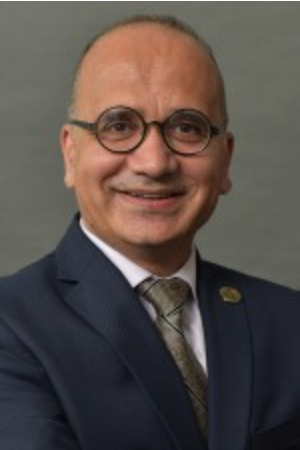
“I think the sky is the limit,” said Houssam Toutanji, PhD, MSCE, dean of WMU’s College of Engineering and Applied Sciences. “I think this is going to grow in multiple directions. The synergy between WMed and the College of Engineering and Applied Sciences has the potential to advance research collaboration resulting in funding opportunities and high-impact publications.”
The launch of the new master’s degree in Medical Engineering at the medical school comes as the College of Engineering and Applied Sciences is in the process of building a new Bachelor of Science degree in Biomedical Engineering. Once approved, Dr. Toutanji said the new undergraduate-level program at WMU will feed the master’s program at WMed and even provide students with a path to the medical school’s MD program.
Dr. Toutanji said he is hopeful that the new program, once approved, will accept its first class of students in Fall 2019. He said the curriculum for the program was built by faculty from the College of Engineering and Applied Sciences and Dr. John Spitsbergen, professor and chair of WMU’s Department of Biological Sciences. Drs. Kenter and Sawyer have also provided significant input to the curriculum. Dr. Toutanji said the new program will have a firm foundation in traditional engineering training and will maintain the rigor of traditional engineering programs in order to strengthen job prospects for graduates.
“The strong collaboration between WMU and WMed provides a unique atmosphere for these two new programs and adds a special dimension to both institutions that distinguishes us from other educational institutions across the country,” Dr. Toutanji said. “The new bachelor’s degree program in Biomedical Engineering at WMU will feed the master’s program at WMed and the master’s program can feed both the PhD program at WMU and the MD program at WMed.”
Dr. Jenson said the new program and the collaboration between the medical school and WMU is an important step in continuing the legacy of success around biomedical engineering in the Kalamazoo community.
“We want to build on that legacy and also be a part of helping build up that expertise in the community,” Dr. Jenson said. “Having that expertise here will contribute to the continued role and national visibility of Kalamazoo in medical engineering.”
